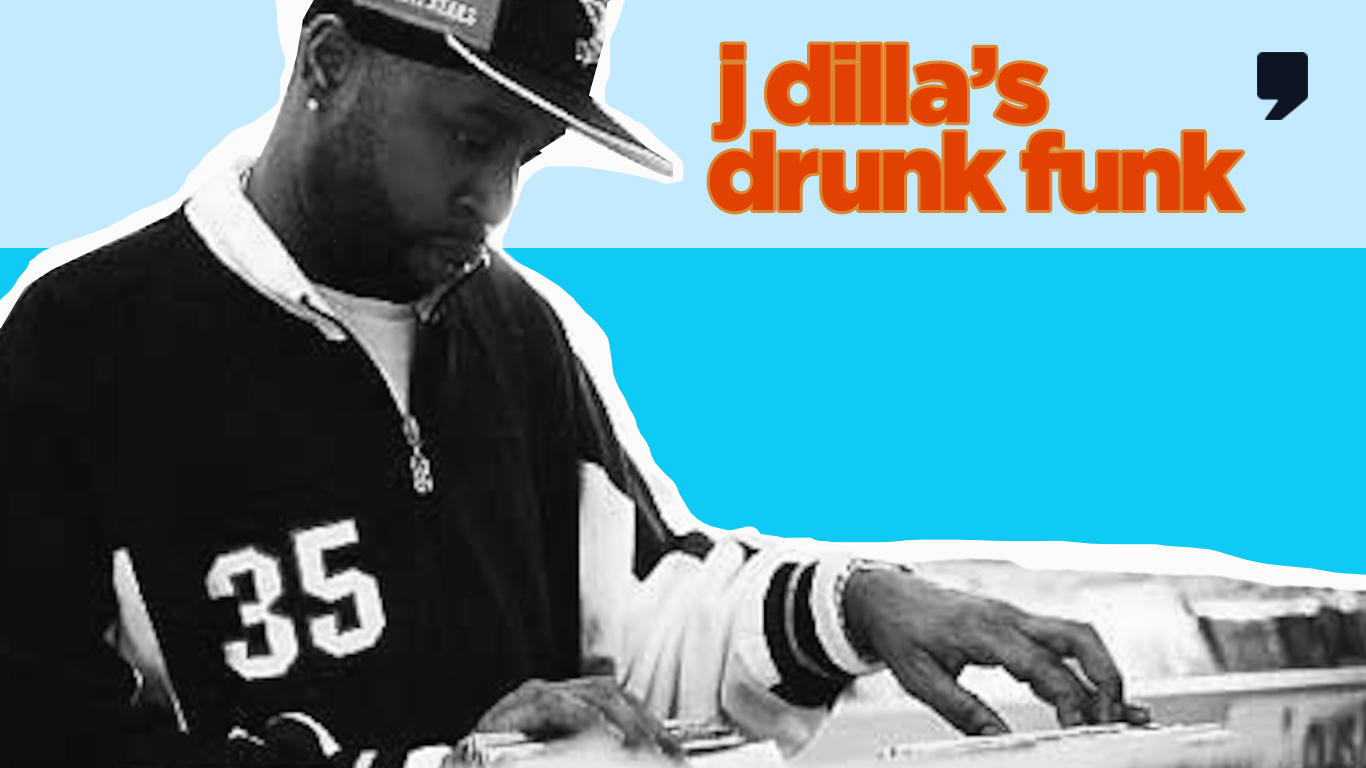Between Takes: J Dilla’s Drunk Funk
In Episode 017 of Between Takes, Amp Fiddler and Robert Glasper talk about J Dilla and his outsized influence.

Welcome to Between Takes; where artists and musicians tell stories about what happens behind the scenes.
WDET’s Sam Beaubien has been dedicated to making music in Detroit for 20 years, and this series connects you with the stories he has heard on gigs and at recording sessions.
Get a look into Stevie Wonders audition for Motown Records, sessions with funk master George Clinton, renowned hip-hop producer J Dilla’s first days with a drum machine, and many more stories about what shaped the legacy of this musical city.
Episode 017
J Dilla is one of the most influential musicians in contemporary music. He is a hip-hop producer whose style birthed a whole new generation of beatmakers, but he also inspired a new generation of jazz musicians. Particularly, the way he programmed drums and used rhythms was groundbreaking, creating a new “feel” in music. This is something that rarely happens in American music. The first time someone used a swing rhythm in jazz in the early 1900s, the first time someone used a back-beat on a rock & roll song in the 1950s, the first time a funk beat was used in the 1960s… these were all iconic moments that changed the way music was heard. J Dilla did this with his approach to rhythm, often called “drunk funk”.
J Dilla got his start making music here in Detroit. Born in Conant Gardens, he grew up listening to various styles of music in his father’s record collection, but he was deeply moved by hip-hop. He joined other friends in his high school to form the crew Ghost Town, a conglomerate of rappers and producers. Within Ghost Town was a group called Slum Village, which went on to become an incredibly influential rap groups. Slum Village included three members; J Dilla, Baatin, and T3.
Dilla met fellow Conant Gardens resident and musician Amp Fiddler who taught him how to use an MPC Drum Machine. A device that allowed him to program drum beats, record musical elements, and produce full songs. This became Dilla’s instrument of choice and was part of his iconic sound. Amp went on to introduce Dilla to the famous hip-hop group A Tribe Called Quest which helped launch Dilla into international fame.
Dilla went on to not only change hip-hop and soul music but also inspired young jazz musicians who also grew up on hip-hop. Many of today’s jazz musicians cite Dilla as a major influence, and you can hear Dilla’s “drunk funk” style played on many of today’s jazz records. This style was hugely influential to Grammy award-winning pianist, Robert Glasper.
Trusted, accurate, up-to-date
WDET is here to keep you informed on essential information, news and resources related to COVID-19.
This is a stressful, insecure time for many. So it’s more important than ever for you, our listeners and readers, who are able to donate to keep supporting WDET’s mission. Please make a gift today.
